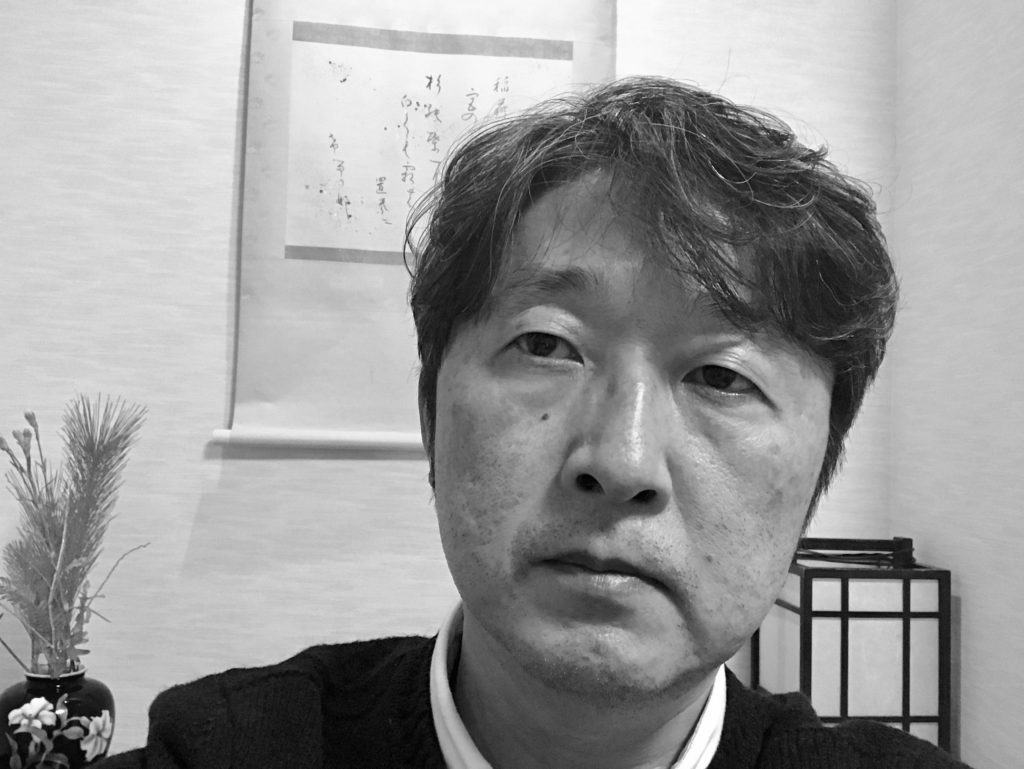ホーム > メンバー > Hiroki Oota ( Principal Investigator )
Hiroki Oota ( Principal Investigator )

Genome Anthropology Lab (Oota Lab)
University of Tokyo, Hongo Campus, Faculty of Science Bld.2
Hongo 7-3-1, Bunkyo-ku, Tokyo, 113-0033, JAPAN
Education
| -1997 | Ph.D. Department of Biological Sciences, Graduate School of Science, University of Tokyo, Tokyo, Japan |
Appointment
| 2019-present | Professor at University of Tokyo, Tokyo, Japan |
| 2010-2019 | Associate Professor at Department of Biological Structure, Kitasato University Graduate School of Medical Sciences, Sagamihara, Japan |
| 2005-2010 | Assistant Professor at Graduate School of Frontier Sciences, University of Tokyo, Kashiwa, Japan |
| 2001-2005 | PostDoc at Yale University School of Medicine Department of Genetics, New Haven, USA |
| 1999-2001 | JSPS overseas research fellow Max Plank Institute for Evolutionary Anthropology Department of Evolutionary Genetics, Leipzig, Germany |
| 1998-1998 | COE Lecturer (part-time) at International Research Center for Japanese Studies, Kyoto, Japan |
| 1997-1999 | JSPS research fellow at Graduate School of Sciences, University of Tokyo, Tokyo, Japan |
Research themes
Hiroki Oota, the PI of our laboratory, started his career as a researcher in 1992 on a study of ancient DNA analyses extracted from human bones and obtained a Ph.D. in 1997. As a PostDoc, he worked on population genetics of ethnic minorities in Thailand (at the Max Planck Institute for Evolutionary Anthropology, Germany) and on genomic regions related to alcohol metabolism (at Yale University School of Medicine, USA). In 2005, he was appointed as an Assistant Professor at the Graduate School of Frontier Sciences, University of Tokyo, Japan, where he focused on population genetics of the Ryukyu islanders, evolution of a risk mutation in Crohn’s disease, and experimental population genetics of allelic function using medaka. From 2010, as an Associate Professor at the Department of Biological Structure, Kitasato University Graduate School of Medical Sciences, Japan, he started a project on the ancient genome analysis of Jomon people. In April 2019, he moved to the University of Tokyo and continues his studies on the Jomon genome retrieved from bones, coprolite, and other biological substrate.












